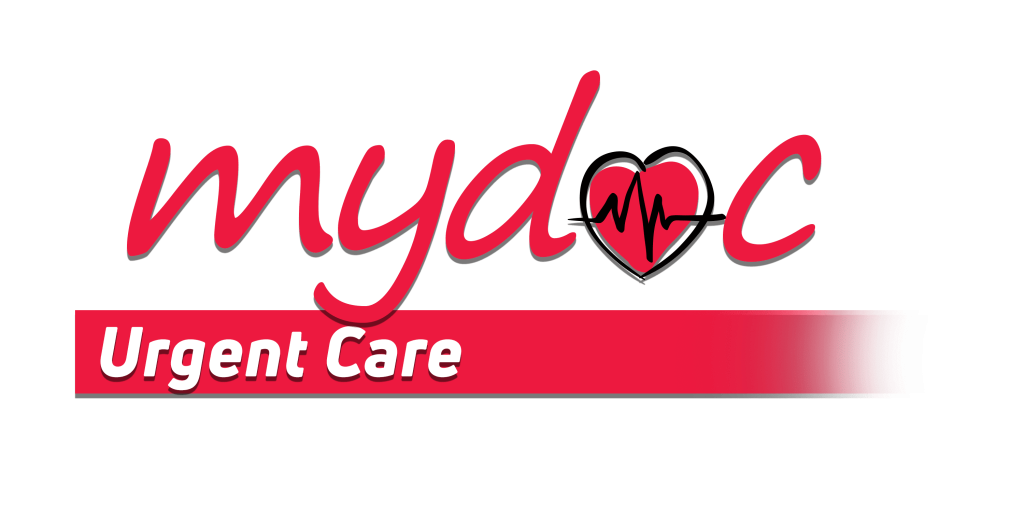Can a Whiplash Injury Heal on Its Own?

Most people associate whiplash with car accidents, but any fall or trauma that causes your neck to move back and forth forcefully can lead to a whiplash injury.
A collision during a soccer game, a fall in the backyard, or even a rough ride on a roller coaster can stretch neck muscles and ligaments out of their comfort zone, resulting in a whiplash injury. Unfortunately, the whiplash motion can also affect the bones, discs, and nerves of the cervical spine.
The family and emergency medicine specialists at MyDoc Urgent Care, with five locations in New York, offer outstanding immediate care services to people of all ages. Their group is quite familiar with diagnosing and treating trauma-related conditions, including whiplash injuries.
Read why the MyDoc team believes you owe it to yourself to seek quality medical care if you’re feeling neck pain and stiffness after a fall or car accident.
What are the symptoms of whiplash?
Whiplash symptoms can develop within hours to days of an injury and may include one or several of the following:- Neck pain and stiffness that may worsen over several days
- Headaches, which typically originate at the base of the skull
- Shoulder, arms, and upper back pain
- Tingling and numbness in the arms
- Difficulty turning the head or bending the neck
- Worsening pain with neck movement
- Dizziness
- Blurred vision
- Fatigue
- Difficulty concentrating
- Sleep disturbance
- Tinnitus (ringing in the ears)
When should I see a doctor for whiplash?
The MyDoc Urgent Care team recommends coming in for a visit whenever you develop neck pain or stiffness following an accident, fall, or other trauma. Most whiplash injuries result in muscle and ligament strains and sprains, which are painful and often slow to heal. However, whiplash can cause harm to the bony structures of the cervical spine, which can also compromise nerve health. These conditions add another level of pain, may prolong the healing process, and can result in long-term health issues such as premature osteoarthritis in the cervical spine. Depending on the nature of the trauma experienced, you may also require evaluation and treatment for concussion, which often occurs alongside whiplash injuries. Thus, your provider may recommend further diagnostic imaging studies to rule out the following:- Vertebral fractures
- Herniated disc
- Damage to the spinal (facet) joints
- Nerve compression (pinched nerve)
How do you treat whiplash?
Treatment strategies for whiplash are customized to fit your needs. Your plan may include the following:- Over-the-counter medication to relieve pain and inflammation
- Short-term use of a soft cervical collar (foam brace) to support neck structures during healing
- Activity modification
- Warm or cold compresses to the neck
- Gentle stretching exercises
- Formal physical therapy
- Massage therapy
- Muscle relaxants and other prescription meds
SCHEDULE A CONSULTATION
